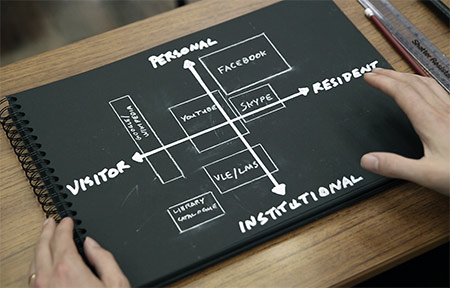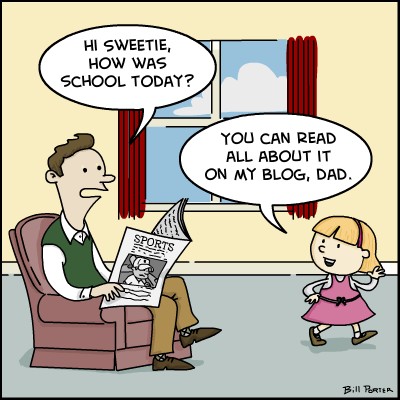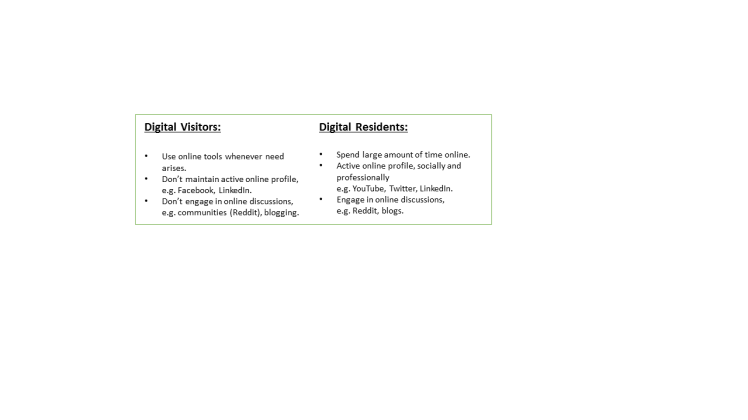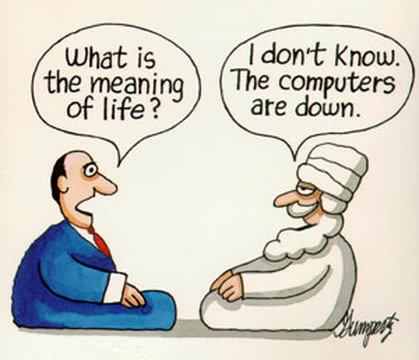Topic One – A New Home? Digital “Residents” and Digital “Visitors”
A home you don’t need a life suspending mortgage for, sound too good to be true? Digital “Residents” would most likely encourage you to get on this virtual property ladder, while “Visitors” may give slightly more cautious advice on entering this domain. These terms are derived from categories that were theorised in a time before the advent of Myspace (2003), Facebook (2004) and Twitter (2006), which helped give reference to the internet as a living place.
Continue reading →
















